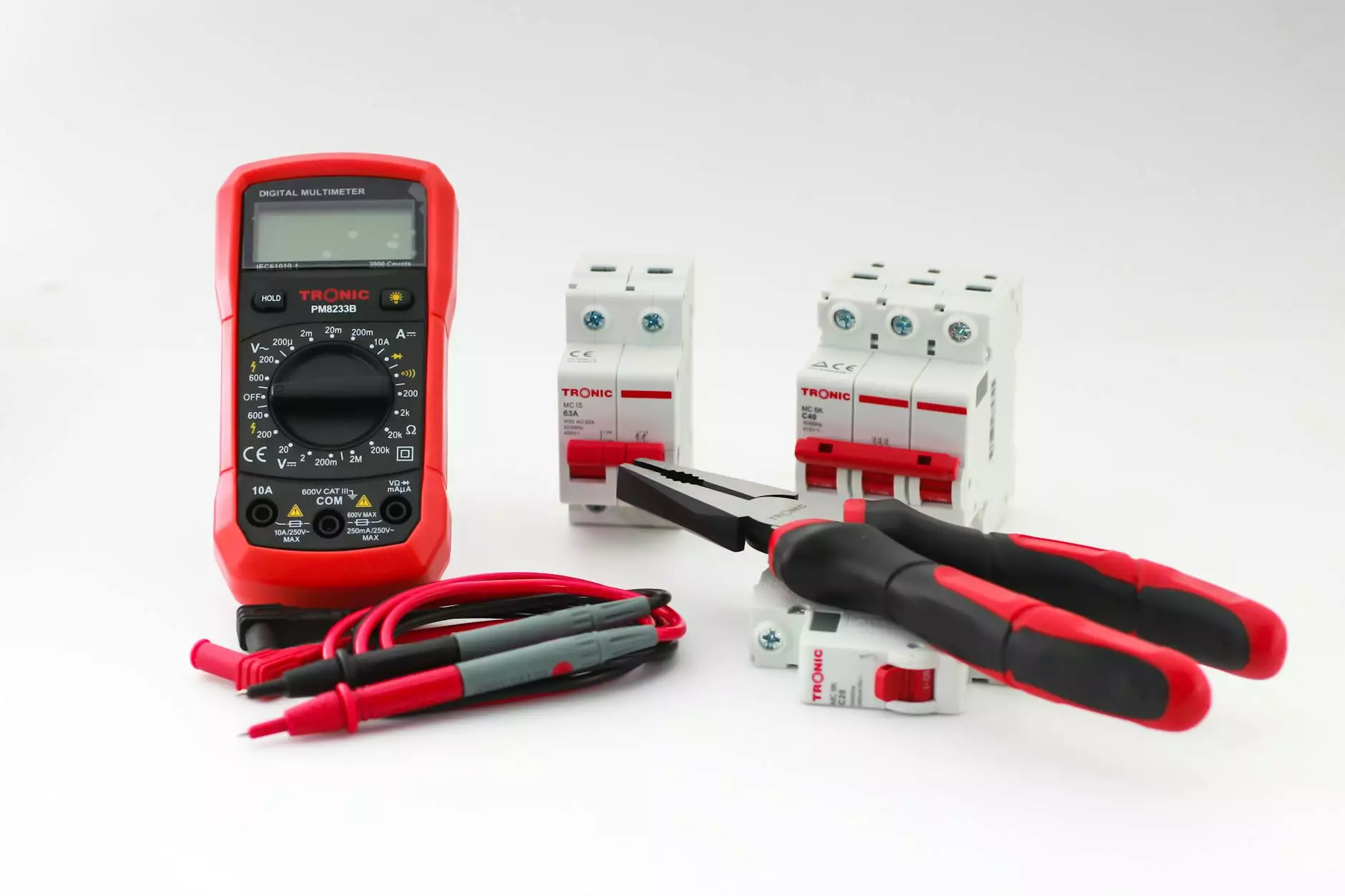The Leading Cause of TPMS Failure
Content Marketing
Welcome to seostudios, your trusted source for expert insights on TPMS (Tire Pressure Monitoring System) issues. In this comprehensive guide, we delve into the various aspects of TPMS failure, including common causes, implications, and solutions. If you're experiencing TPMS faults or seeking preventive measures, you've come to the right place.
Understanding TPMS Faults
TPMS faults, including sensor issues, system failures, and malfunctions, can lead to compromised safety, reduced efficiency, and overall driving discomfort. It's crucial to address these faults promptly to ensure optimal vehicle performance and safety.
Common Causes of TPMS Sensor Fault
Several factors can contribute to TPMS sensor faults, such as low tire pressure, sensor damage, battery depletion, signal interference, and environmental conditions. Identifying the root cause of the fault is essential for effective troubleshooting and resolution.
Implications of TPMS System Failure
TPMS system failures can impact your driving experience and safety on the road. Ignoring sensor faults or driving with a malfunctioning TPMS can compromise tire performance, fuel efficiency, and overall vehicle stability. It's crucial to address system failures promptly to maintain optimal driving conditions.
Addressing TPMS Faults
When faced with TPMS faults, it's important to take proactive measures to diagnose and resolve the issues. Regular sensor inspections, tire pressure checks, battery replacements, and system recalibrations can help prevent sensor faults and ensure reliable TPMS performance.
Is It Safe to Drive with Tire Pressure Sensor Fault?
Driving with a tire pressure sensor fault is not recommended, as it can compromise your safety and vehicle performance. Sensor faults can lead to inaccurate pressure readings, reduced tire traction, and increased risk of tire blowouts. It's best to address sensor faults promptly and avoid driving with a malfunctioning TPMS.
Preventing TPMS Malfunctions
To prevent TPMS malfunctions and sensor faults, it's essential to maintain proper tire pressure, conduct regular system checks, and address any warning indicators promptly. Investing in quality sensors, proper installation, and professional maintenance can help prolong the lifespan of your TPMS and ensure reliable performance.
Conclusion
In conclusion, understanding the leading causes of TPMS failure, addressing sensor faults, and maintaining a proactive approach to TPMS maintenance are essential for safe and efficient driving. By staying informed and proactive, you can benefit from optimal TPMS performance and enhanced vehicle safety.









